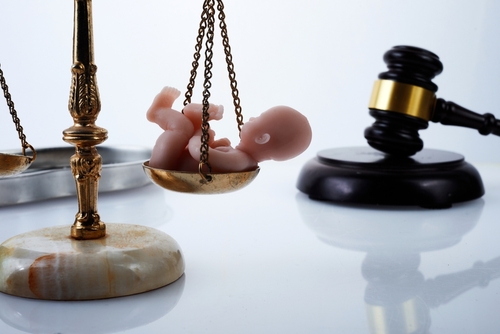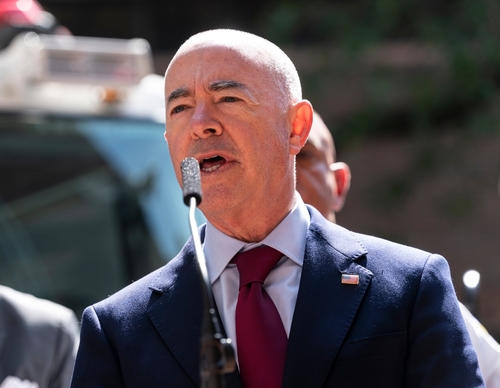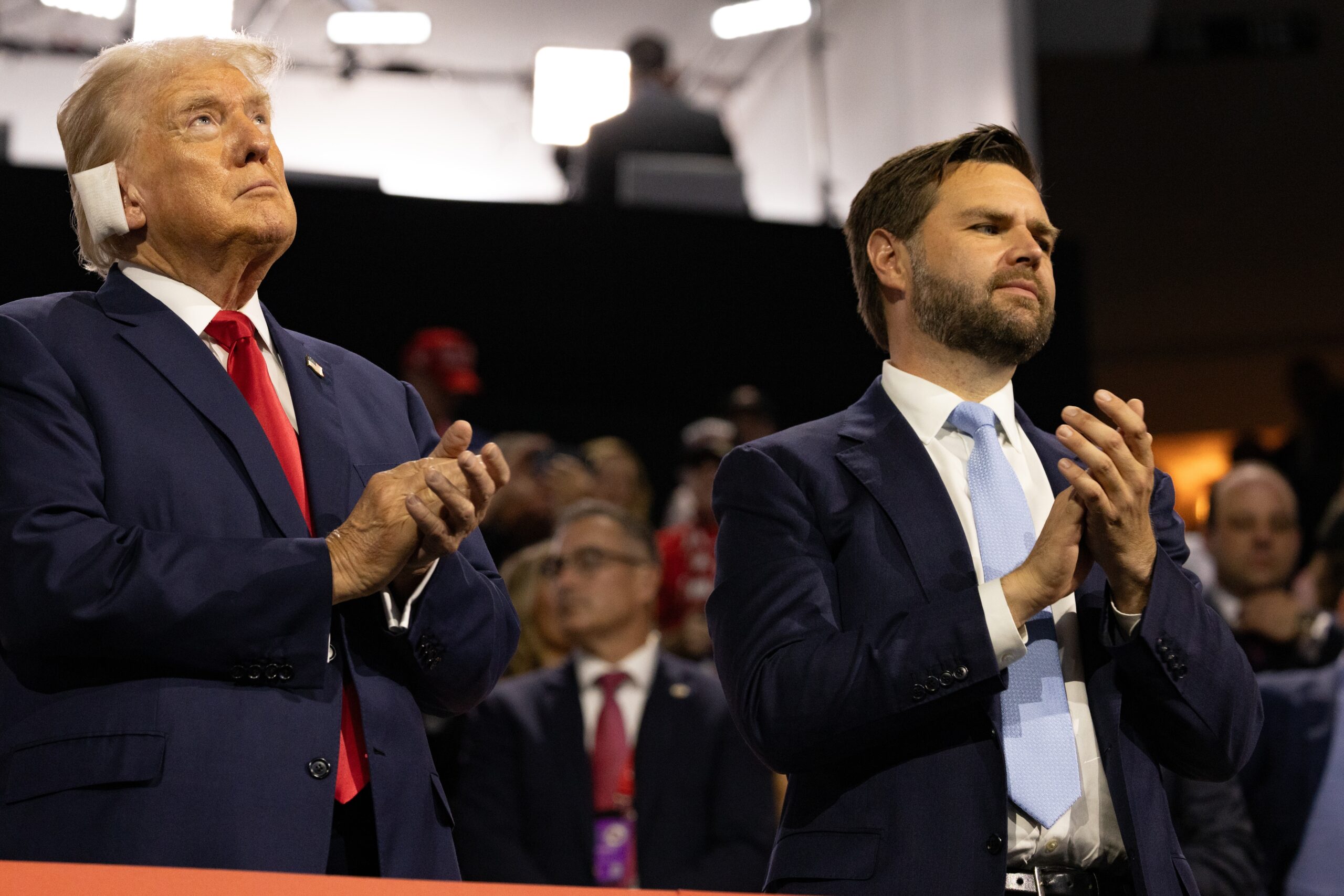Listen To Story Above
The recent surge in social media claims about President Biden’s alleged cognitive decline and purported death has been definitively countered by White House officials and media fact-checkers. These unsubstantiated rumors gained traction following edited video clips from Biden’s speech at a Maryland union hall.
During this appearance, Biden momentarily paused while discussing his father’s advice, leading conspiracy theorists to manipulate the footage to suggest a more serious situation. The edited versions circulating online deliberately omitted contextual elements, creating a misleading narrative about the President’s health status.
Scott Jennings DESTROYS CNN Panel
"Biden's going to leave office in disgrace. The Hunter Biden pardon was disgraceful. He'll be remembered for inflation and for the disastrous Afghanistan pullout, and the coverup on his health and mental acuity."
— Joey Salads (@JoeySalads) December 31, 2024
White House Communications Director Ben LaBolt swiftly addressed these falsehoods, emphasizing their absurdity and highlighting how such misinformation spreads rapidly across digital platforms. The incident serves as another example of the ongoing challenge faced by officials in combating viral disinformation.
Fact-checking organizations have thoroughly examined the full, unedited footage of Biden’s speech, confirming that he completed his remarks coherently and continued with his scheduled activities. The President maintained his regular diplomatic engagements, including significant policy discussions and public appearances, directly contradicting claims about his supposed incapacitation.
This wave of rumors follows a pattern of unfounded speculation about Biden’s cognitive abilities, which has persisted despite medical professionals repeatedly confirming his fitness for office. The President’s team continues to demonstrate transparency regarding his health status through regular medical updates and public appearances.
We all know Joe Biden hasn’t been running our country the last 4 years. Instead we have been ruled by unelected Marxist bureaucrats.
People need to be investigated and held accountable for what they did to our country the last 4 years while lying to us about Biden’s health. 👇🏽 pic.twitter.com/fhd9TA9AqK
— Glockford Files (@GlockfordFiles) December 24, 2024
These baseless theories have highlighted the increasing sophistication of digital manipulation techniques and their potential impact on public discourse. Social media platforms have implemented additional measures to flag and remove such misleading content, though the speed of viral spread often outpaces these efforts.
The incident underscores the ongoing challenge of maintaining accurate public information in an era of rapid digital communication, where edited content can quickly overshadow factual reality.






